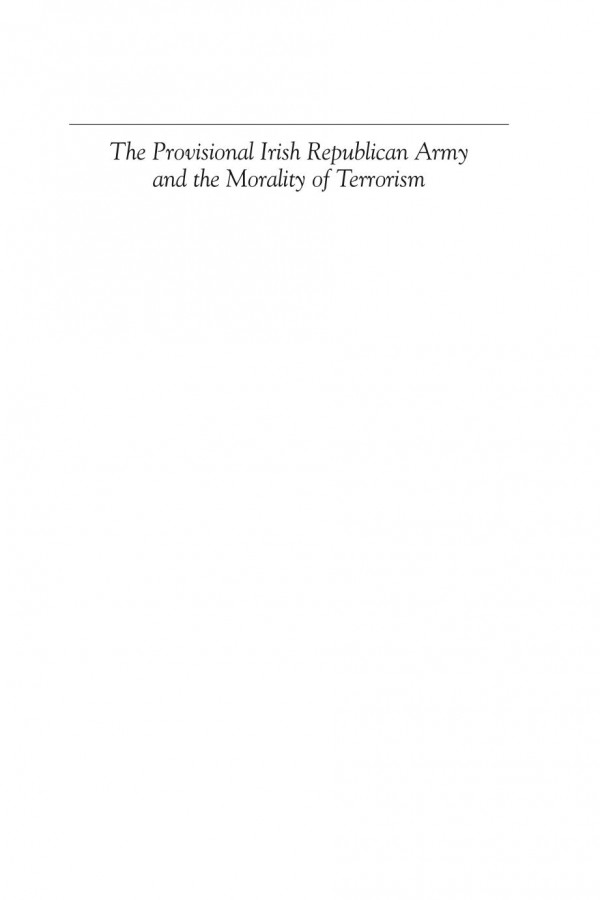

Most ebook files are in PDF format, so you can easily read them using various software such as Foxit Reader or directly on the Google Chrome browser.
Some ebook files are released by publishers in other formats such as .awz, .mobi, .epub, .fb2, etc. You may need to install specific software to read these formats on mobile/PC, such as Calibre.
Please read the tutorial at this link: https://ebookbell.com/faq
We offer FREE conversion to the popular formats you request; however, this may take some time. Therefore, right after payment, please email us, and we will try to provide the service as quickly as possible.
For some exceptional file formats or broken links (if any), please refrain from opening any disputes. Instead, email us first, and we will try to assist within a maximum of 6 hours.
EbookBell Team

4.3
98 reviewsGBS_insertPreviewButtonPopup('ISBN:9780748635306');
Is terrorism ever morally justified? How should historical and cultural factors be taken into account in judging the morality of terrorist acts? What are the ethical limits of state counter-terrorism?
For three decades the Provisional Irish Republican Army waged an 'armed struggle' against what it considered to be the British occupation of Northern Ireland. To its supporters, the IRA was the legitimate army of Ireland, fighting to force a British withdrawal as a prelude to the re-unification of the Irish nation. To its enemies, the IRA was an illegal, fanatical, terrorist organization whose members were criminals willing to sacrifice innocent lives in pursuit of its ideological obsession. At the centre of the conflict were the then unconventional tactics employed by the IRA, including sectarian killings, political assassinations, and bombings that devastated urban centres - tactics that have become increasingly commonplace in the post-9/11 world.
This book is the first detailed philosophical examination of the morality of the IRA's violent campaign, and of the British government's attempts to end it. Written in clear, accessible prose, it is essential reading for anyone wishing to acquire a deeper understanding of one of the paradigmatic conflicts of the late 20th century.
Key Features